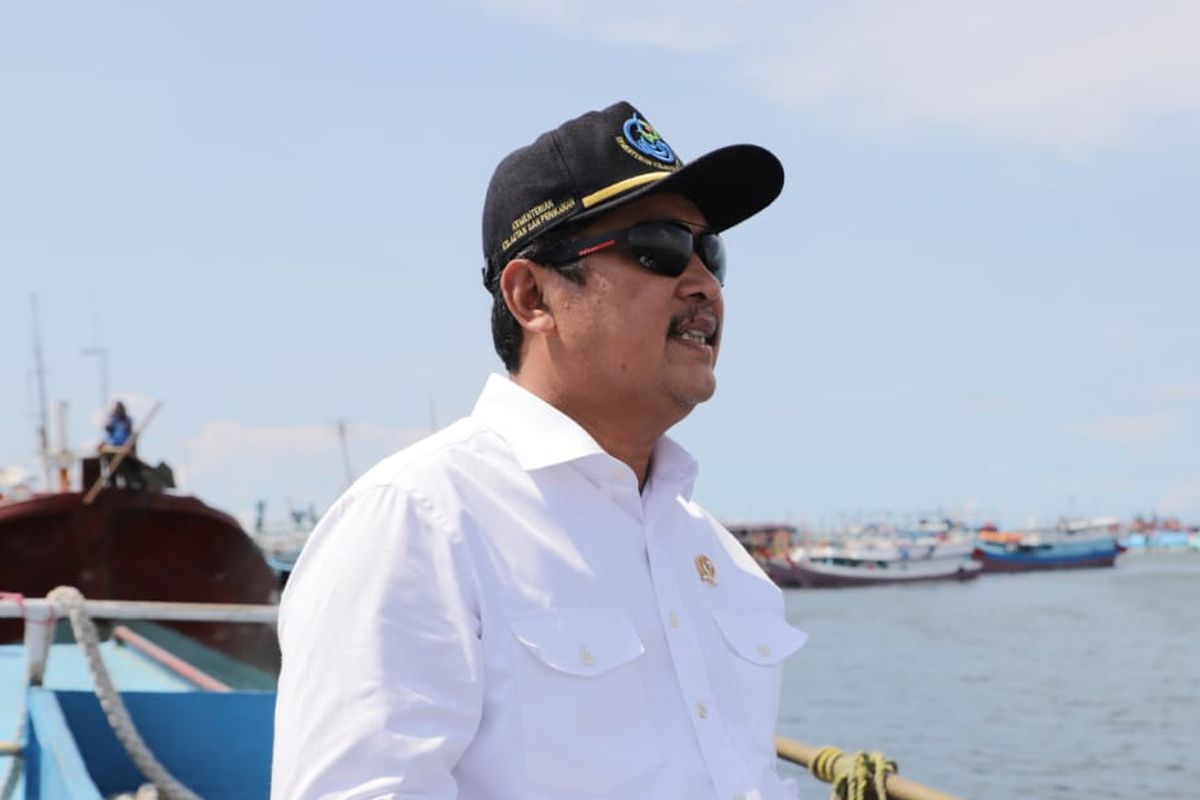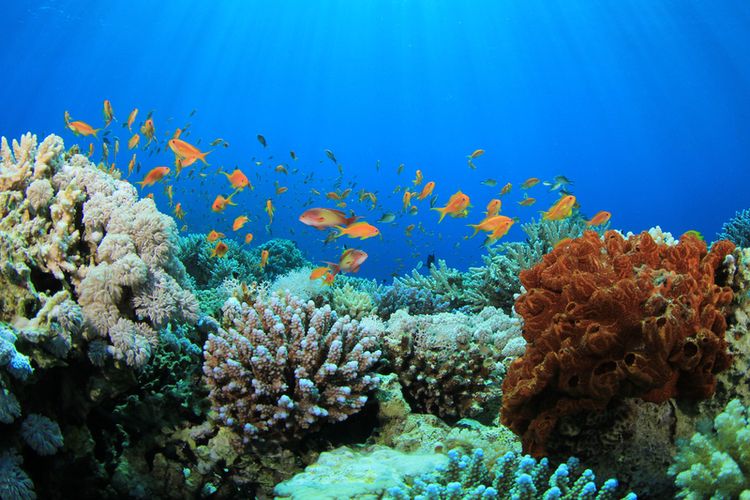Indonesian Marine Affairs Minister Urges Public to Safeguard Marine Ecosystems

KOMPAS.com – Indonesian Maritime Affairs and Fisheries Minister Sakti Wahyu Trenggono has marked World Ocean Day on June 8 by calling on the public to play a bigger role in safeguarding the marine ecosystem.
“Among the steps that the public can carry out to maintain the marine ecosystem are refraining from littering one’s trash as well as restoring coral reefs and mangrove swamps,” he said in an official statement to mark World Ocean Day as well as Coral Triangle Day on June 9.
“These steps are needed to maintain a healthy marine ecosystem that is economically sustainable. As occasions that are marked on two successive days, the ocean and coral reefs are both inseparable elements that must be safeguarded and maintained.”
Also read: Indonesian Maritime Forces Nab Vietnamese Squid Poaching Vessels
He lamented that humanity continues to be the single biggest threat to marine ecosystems. “Millions of tons of consumer waste pollute the ocean annually. Most of them are plastic waste that threaten marine life.”
Trenggono received his French counterpart Annick Girardin during the occasion. He took the time to highlight a number of initiatives that his ministry has taken to restore the marine ecosystem and coral reefs.
“The steps include the National Economic Recovery or PEN, which managed to restore 74.3 hectares, or 93,685 species of coral reefs off Nusa Dua, Sanur and other parts of Bali’s coastlines,” he highlighted.
 Illustration of coral reefs
Illustration of coral reefs“Another is the Marine Space Management program or PRL, which has replanted 2,975,129 mangrove trees in an equivalent area of 448.18 hectares, throughout 2020. This is more than double the initial goal of 200 hectares.” But he noted that much work needs to be done.
“Indonesia has 3.3 million hectares of mangrove swamps, of which 647,000 hectares are in critical condition. Of this number, we have restored 3,000 hectares,” Trenggono asserted. “Indonesia is also active in forums and dialogue on sustainable marine life, like the Coral Triangle, since 2009,” he said.
Also read: 12 Whales Beached to Their Deaths at Indonesia's East Nusa Tenggara
“The seas are not the sole responsibility for Indonesia and its people, but also for other countries and peoples around the world, because human life depends on the ocean,” he said.
“Management of fisheries and other marine sectors are based on this awareness, as well as blue water economic principles, in which maritime conservation is closely linked to economic development and the public’s wellbeing. ”
He and Girardin pointed out that the blue water principles included stamping out practices such as illegal fishing, which continues to be widespread in Indonesia and other countries.
(Editor: Amalia Purnama Sari)
Source:
Simak breaking news dan berita pilihan kami langsung di ponselmu. Pilih saluran andalanmu akses berita Kompas.com WhatsApp Channel : https://www.whatsapp.com/channel/0029VaFPbedBPzjZrk13HO3D. Pastikan kamu sudah install aplikasi WhatsApp ya.- coral triangle
- Sakti Wahyu Trenggono
- Indonesia France
- world oceans day 2021
- world oceans day theme
- world oceans day hashtag
- world oceans day activities
- world oceans day history
- world oceans day how to help
- world oceans day meaning
- world oceans day campaign
- world oceans day date
- world oceans day 8 june
- coral triangle day June 9
- coral triangle day































